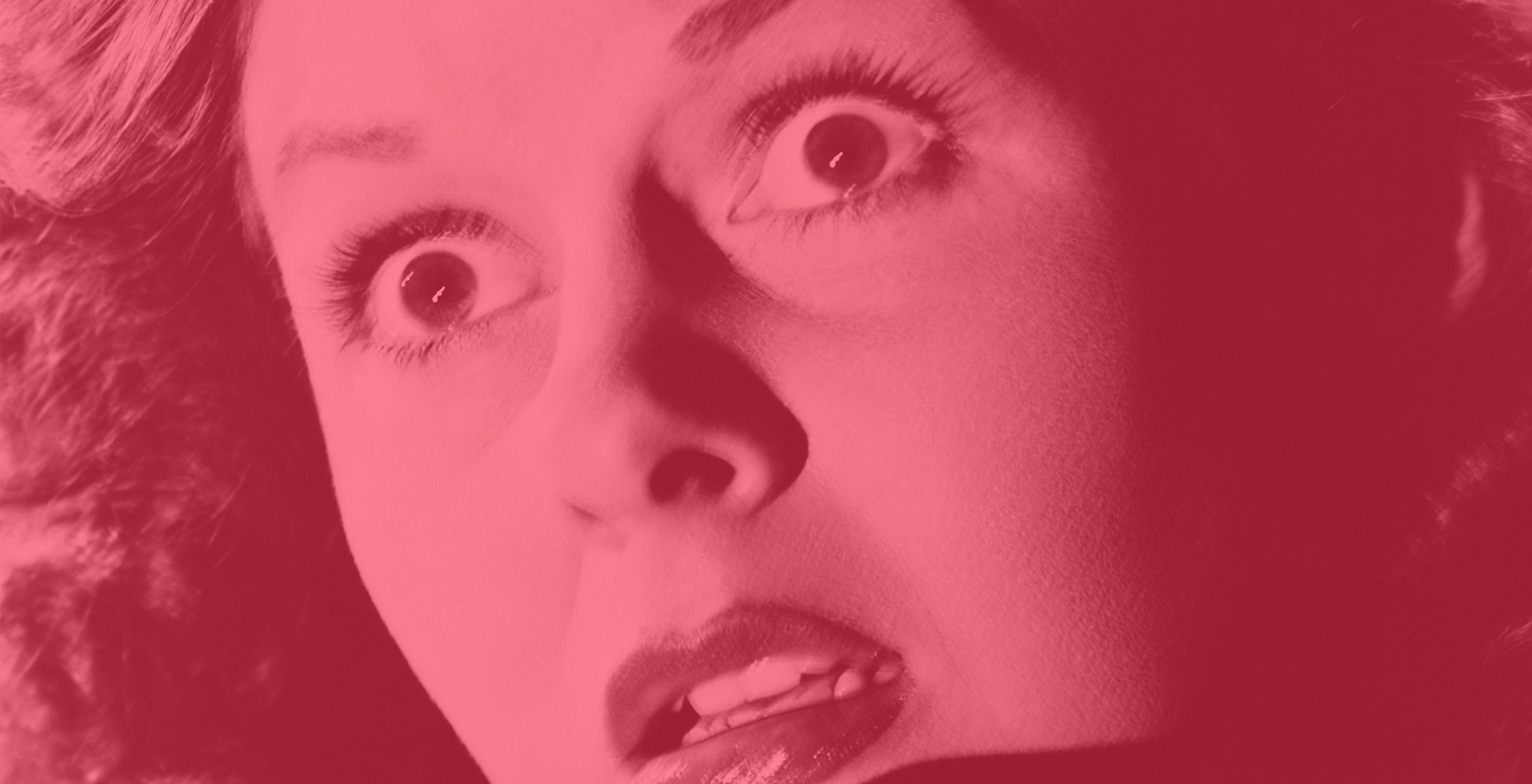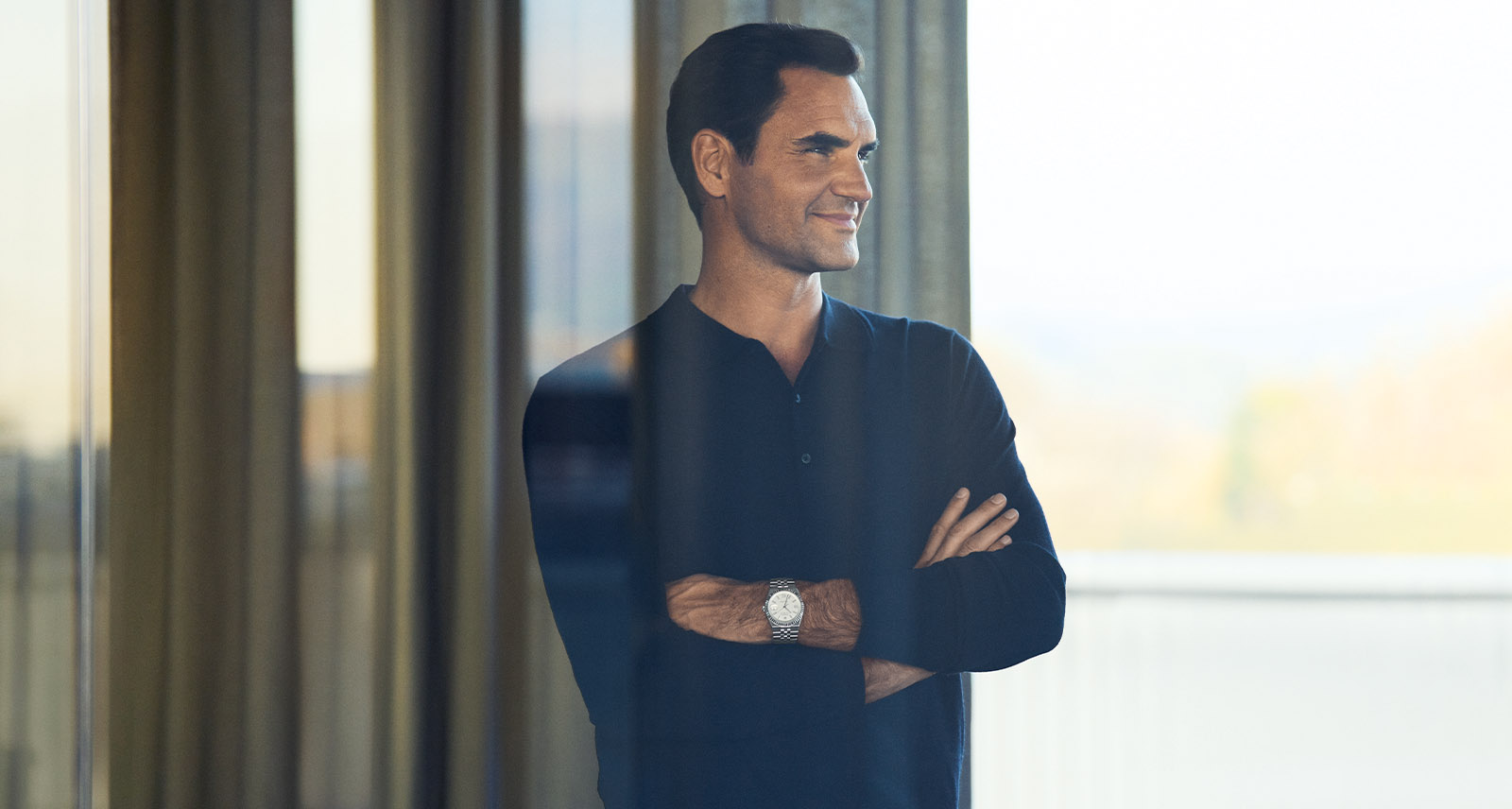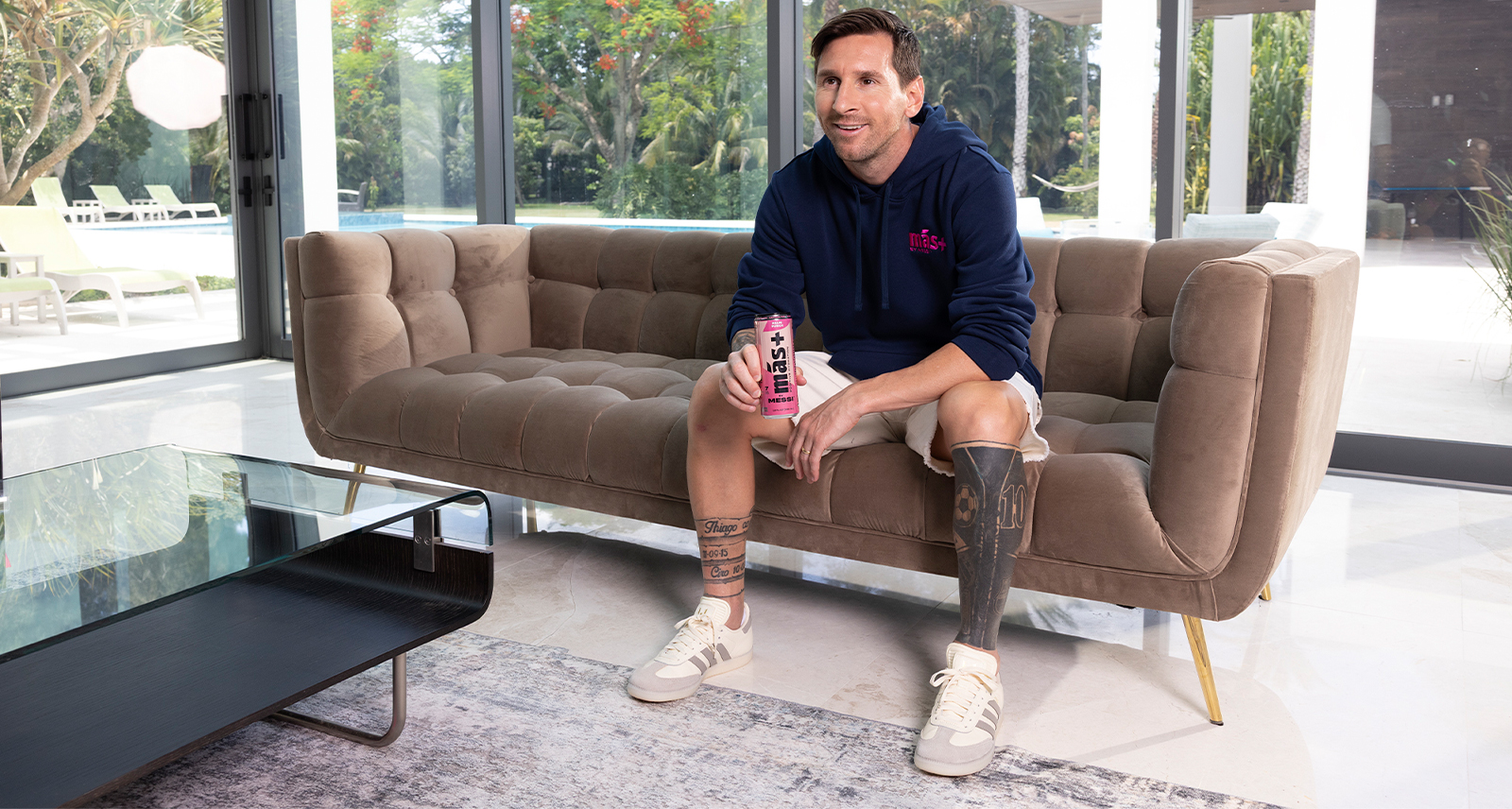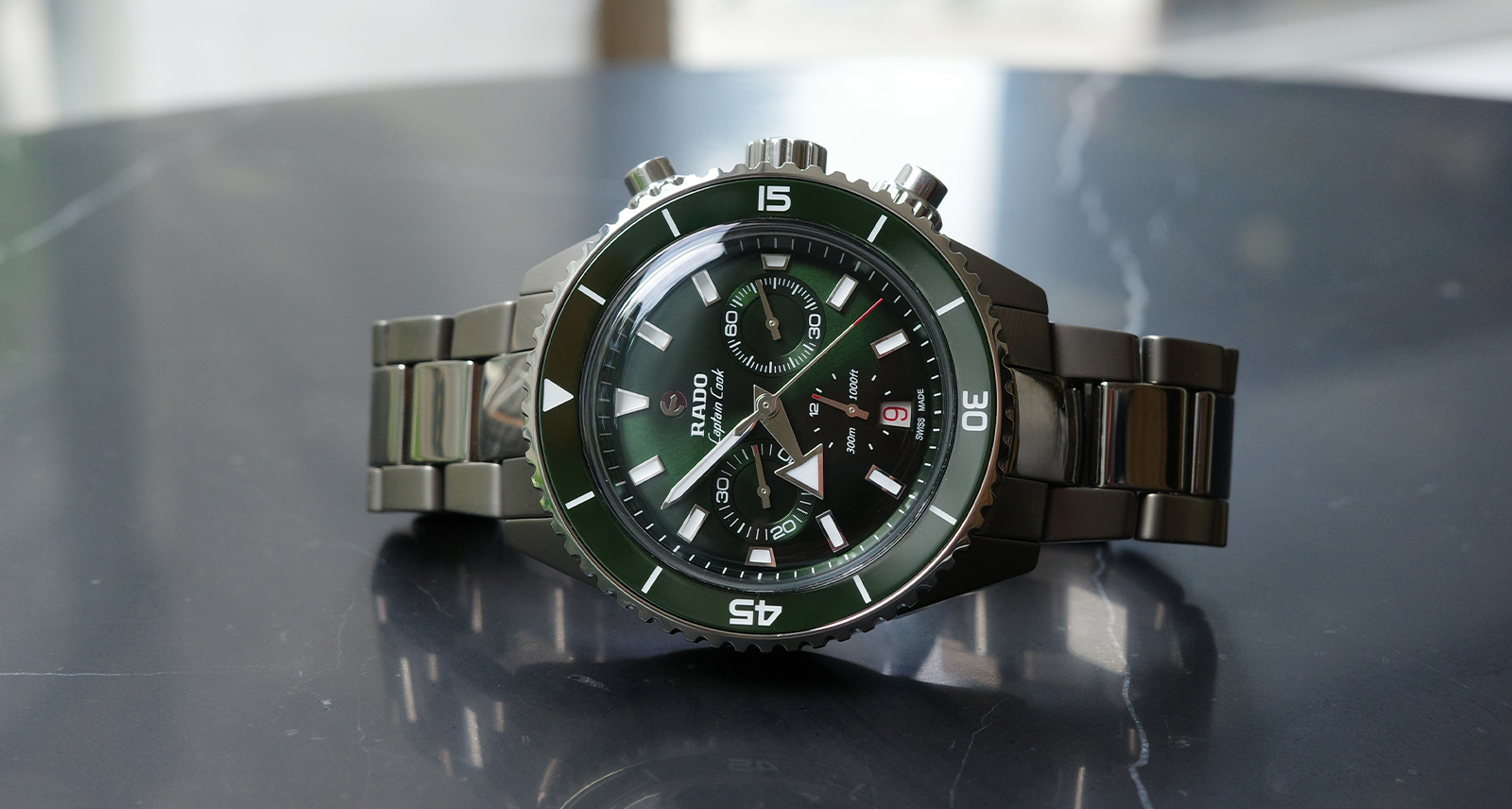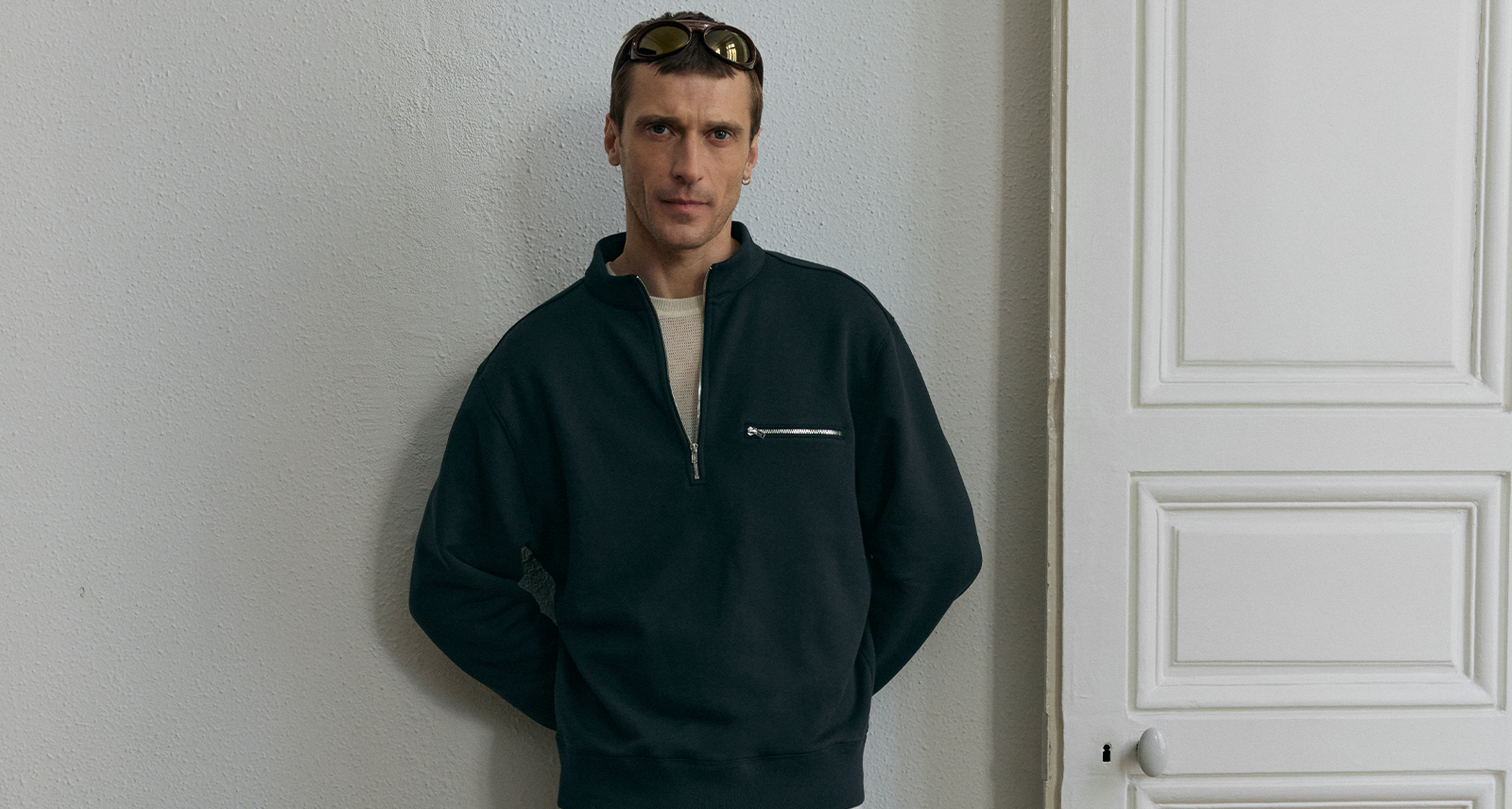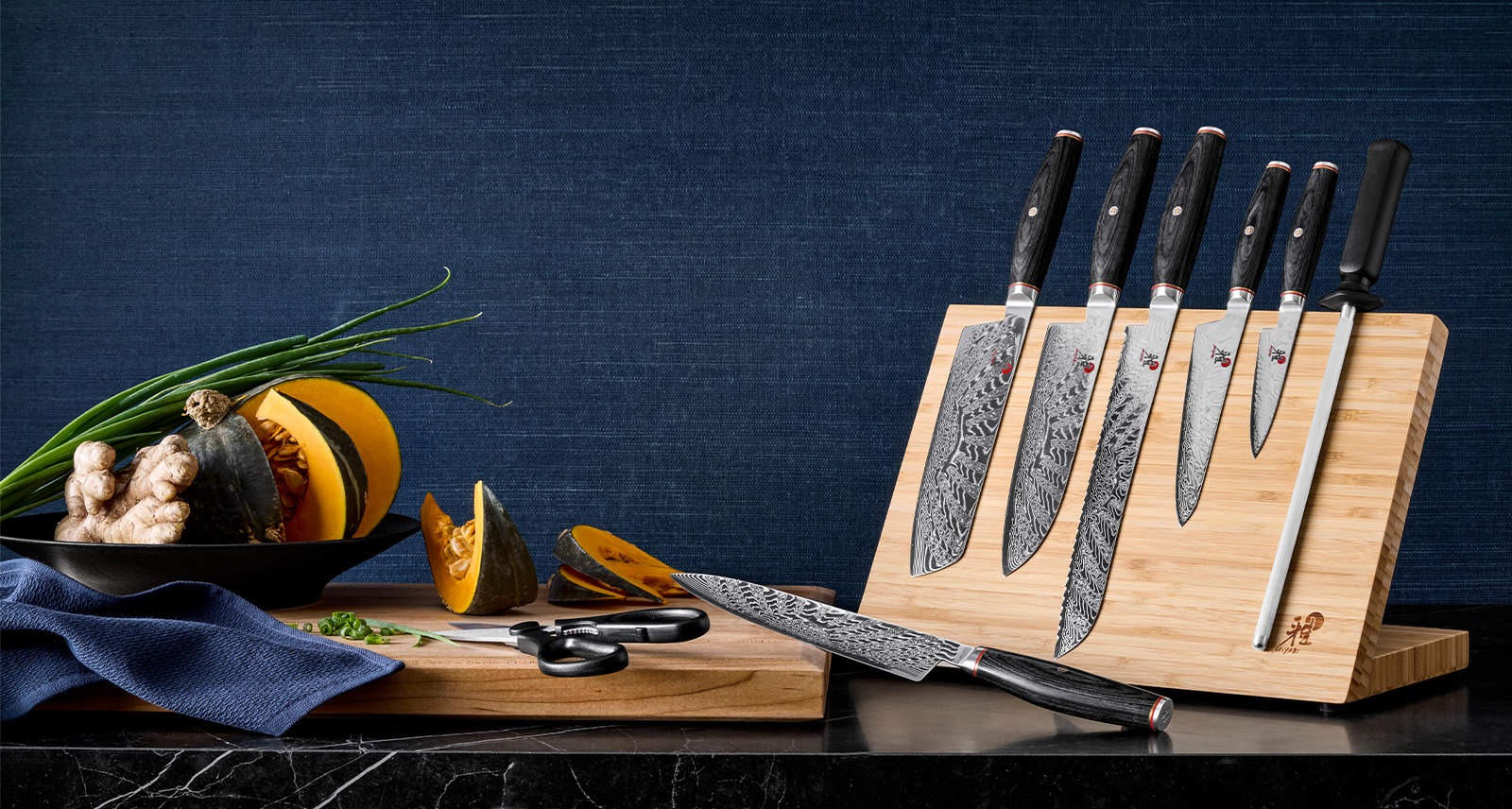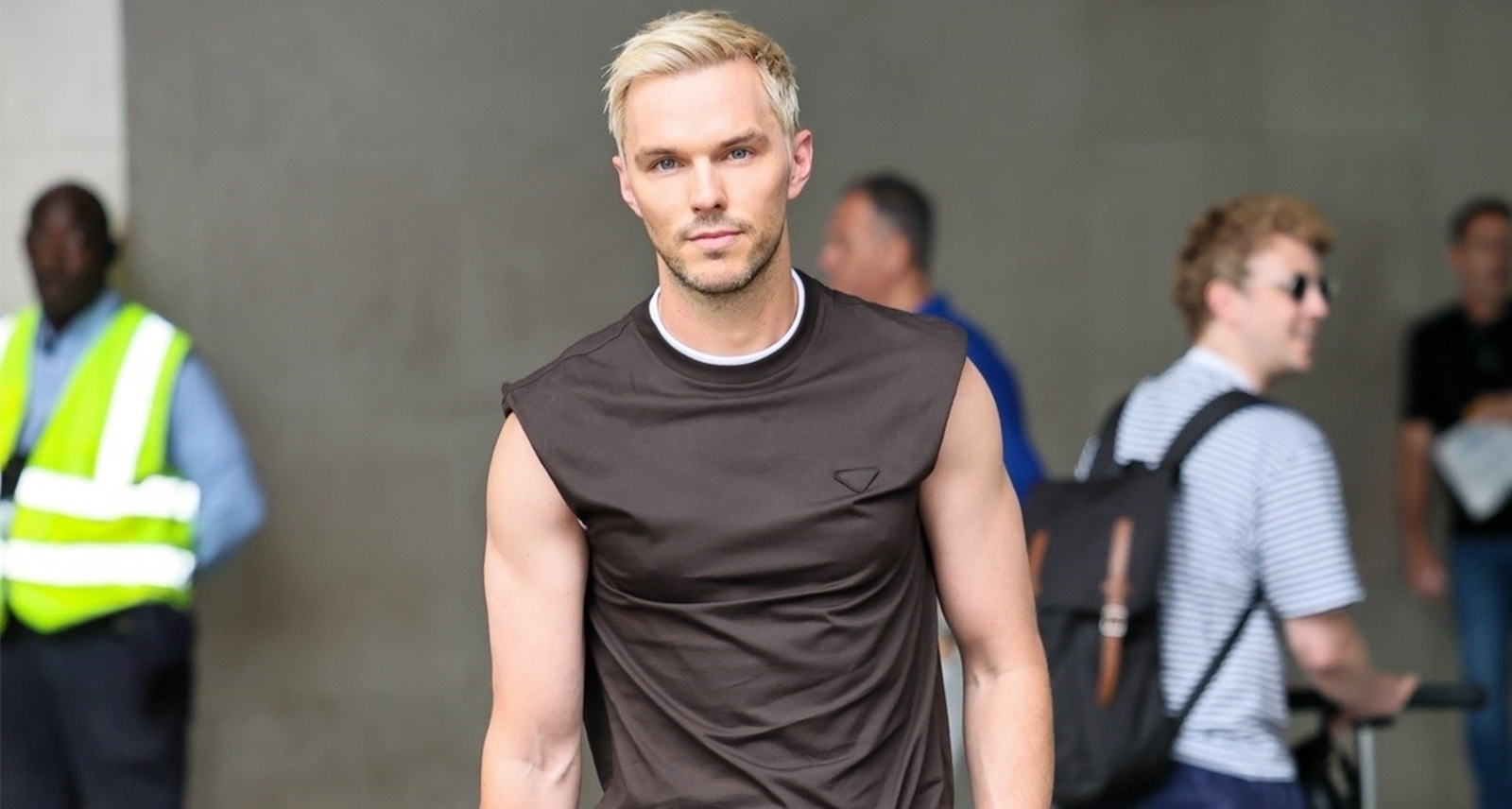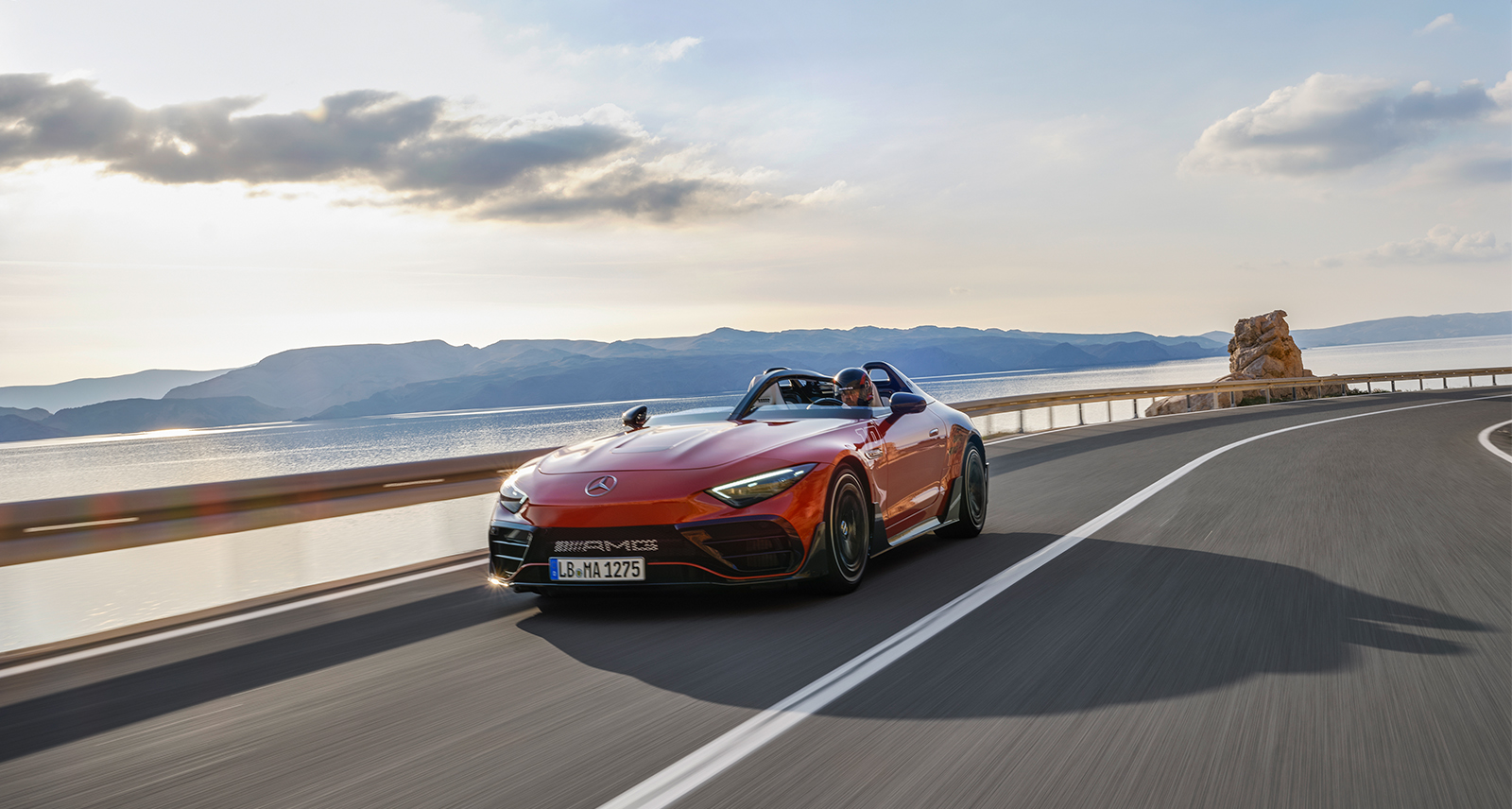Horror Movies in 2018 Have Won the Box Office — and the Hearts of Critics
Let me first say, in the name of disclosure, that I am a coward. Once, while camping in bear country, I heard a massive animal stalking just outside my tent. I spent the rest of the night gripping my sleeping bag in terror, nudging my girlfriend every two minutes to make sure she didn’t fall asleep and leave me alone to fight off the beast. That the morning revealed a trail of tiny mouse footprints in the sand next to the tent is beside the point. Fear is not based on reason — it grips you without cause, feeding off itself until a mouse becomes a monster. My point is: why would I part with my hard-earned money to reproduce that feeling in some movie theatre?
All this to say, I’ve never really been a horror movie fan. So when I found myself in a screening of Hereditary one day this summer, watching a beloved character actress slice through her own neck with a piano wire, it felt slightly out of character. That the movie was my third horror that week — after seeing A Quiet Place and streaming The Ritual — was a sign of a larger personal change.
Despite my cowardice, in the last few years I’ve somehow seen more horror movies in the theatre than any other genre. I’ve been perfectly content to stream studio comedies and quippy Marvel movies at home, half-watching while scrolling through Instagram on my phone. But horrors are the kinds of movies best seen in a group, in the dark. And in 2018, they’re one of the last places to find surprising, original Hollywood entertainment.
•••
Horror movies have long been the disrespected, unserious, enormously profitable arm of Hollywood. An endless parade of Chucky films might have brought teenagers to the multiplex, but churning out slasher flicks was nothing to be proud of. Horror was cheap and reliable — a slightly embarrassing product that top-tier actors avoided and critics treated with disdain.
This year, the genre is doing better at the box office than ever, raking in almost 10 per cent of US market share last year, an all-time high. But in addition to making money, horror has also gained a certain critical respectability. A Quiet Place, John Krasinski’s directing debut about a family trying to survive in a world of sharp-eared monsters that will kill you if you so much as whisper, was one of the best-reviewed films of the summer. Get Out collected an Oscar and four nominations — tying Black Swan for the most nods for a horror movie since The Silence of the Lambs.
Hereditary was lauded when it opened at Sundance, with reviewers calling it the most exciting film of the festival and demanding an Oscar campaign for Toni Collette. The film followed a now well-marked path for artful indie horrors, from It Follows to The Babadook to The Witch: open at a film festival, garner adulation from cinephiles, then ride that hype to critical praise and surprising box office returns.
“Horror movies are the kinds of films best seen in a group, in the dark. And in 2018, they’re one of the last places to find surprising, original Hollywood entertainment.”
When critics talk about these movies, they sometimes use the term “elevated horror.” It’s a phrase that, like “prestige TV,” began as a description of quality but has quickly calcified into a genre with its own tropes and clichés. As a rule, the elevated horror deals with psychological fears instead of monsters. Or, if there are monsters, those monsters are clearly signposted as metaphorical. The horror comes from a creeping sense of unease, a product of atmosphere rather than the jolt of adrenaline produced by a jump scare. The films move at an unhurried — detractors might say pretentiously slow — pace. The elevated horror, above all, is very pointedly about something — race relations, the tragedy of parenthood, depression, family trauma.
Hereditary features Satanism, séances, and a creepy girl who makes a disturbing klocking sound with her tongue, sure. But it’s also a movie about grief and the terrifying idea that your own messed-up issues will inevitably be passed down to your children. Hereditary offered viewers a “new kind of horror,” the New Yorker raved — a stamp of approval, but also quiet acknowledgement that the old kind of horror would probably not be of interest to the magazine’s readership.
And that’s where hardcore horror fans can begin to resent both the “elevated” label and the newbies like me, flocking to the theatre to watch a child torn to pieces for the subtext. In this new era of critical appreciation, the highest compliment a horror movie can receive is that it is not like other horror movies.
To say a film “elevates the genre” is praise only if you think the genre is tawdry to begin with. In many ways, the rise of the horror is simply the result of industry forces that have squeezed out the middle ground of movies. As once-reliable genres like adult thrillers, spy movies, and even comedies have fallen away, replaced by universe-building blockbusters and endless sequels and retreads, the horror movie has become one of the last places to find original, interesting film. They’re cheap enough that writers and directors can take risks without anxious studio execs looking over their shoulders. It’s not an accident that unproven directors like Get Out’s Jordan Peele and John Krasinski turned to horror, despite having little experience with the genre.
That’s the pragmatic choice Ari Aster made when he conceived Hereditary. “I’d written, like, 10 feature scripts, and none of them were horror films,” he told Vanity Fair. “I just figured that a horror film would be easier to finance. That’s where it started. I mean, it started from a cynical place, but then from there became something else.” Moviegoers like me go to the theatres out of a similar pragmatism. I didn’t necessarily set out to see a movie with multiple decapitations, but what was I supposed to do? Go see the seventh Jurassic Park?
This fall brings a new crop of horror movies that will, to varying degrees, uphold the genre’s new “elevated” status. Provocateur Lars von Trier is releasing a ’70s serial-killer movie entitled The House that Jack Built which, he says, celebrates “the idea that life is evil and soulless” (a description that actually applies to most von Trier films). Nicolas Cage stars in Mandy, a blood-soaked phantasmagoria that Sundance reviewers have already blessed with the prestige-signalling description “deliberately paced, mesmerizing, and sensuous.”
Even this season’s horror remakes come with a distinguished pedigree. The reimagining of the ’70s Italian classic Suspiria is being handled by Luca Guadagnino, last seen directing the delicate, Oscar-nominated same-sex love story Call Me By Your Name. And the biggest horror release of the season, the Halloween reboot, is being handled by David Gordon Greene.
Fifteen years ago, when I saw Greene’s first films — the Criterion-approved George Washington and the indie charmer All the Real Girls — it felt like watching the birth of the next great auteur. Today, he insists that horror has always been his true passion.
Greene’s version of Halloween will be the 11th time Michael Myers has donned his mask. But it will be the first time the serial killer will be murdering teens in an atmosphere of cultural receptivity, with critics eager to greet the slasher villain with the seriousness he deserves. I’ll be there to watch it in theatres.
Nicholas Hune-Brown is a National Magazine Award-winning writer and editor of the Local.
